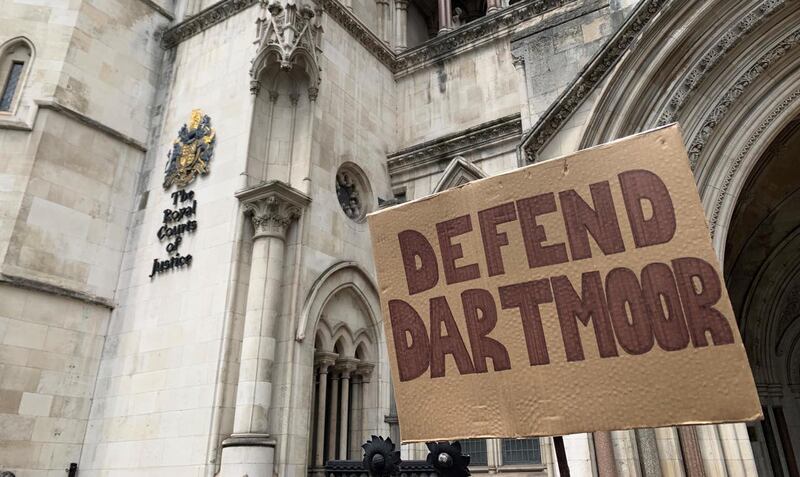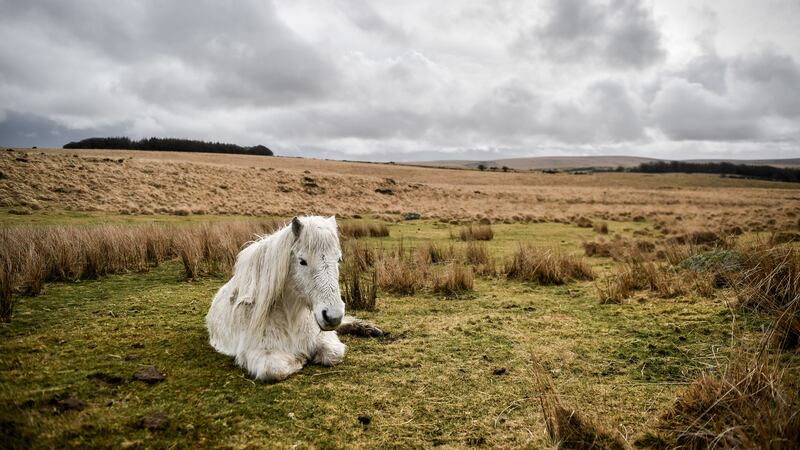Members of the public have the right to wild camp in Dartmoor National Park, the Court of Appeal has ruled.
In January, a High Court judge ruled a nearly 40-year-old piece of legislation did not give people the right to pitch tents overnight on Dartmoor Commons without landowners’ permission.
Alexander and Diana Darwall brought the successful legal challenge against the Dartmoor National Park Authority (DNPA), claiming some campers cause problems to livestock and the environment.
Earlier this month, the DNPA asked appeal judges to overturn Sir Julian Flaux’s decision, arguing he had the wrong interpretation of a 1985 law over rights of access to Dartmoor Commons.
In a ruling on Monday, Sir Geoffrey Vos, Lord Justice Underhill and Lord Justice Newey granted the appeal, finding that the law “confers on members of the public the right to rest or sleep on the Dartmoor Commons, whether by day or night and whether in a tent or otherwise” as long as byelaws are followed.

Sir Julian had previously found that the meaning of the legislation was “clear and unambiguous” in that it conferred a “right to roam” which did not include “a right to wild camp without permission”.
His judgment was labelled a “huge step backward” by campaigners who claimed there was a “long-established precedent” of wild camping in the national park in Devon.
Dartmoor National Park, designated in 1951, covers a 368-square mile area that features “commons” – areas of unenclosed privately owned moorland where locals can put livestock.
The DNPA previously said backpack campers can access nearly 52,000 acres of common land across the national park and can stay overnight under a new “permissive system” as long as they follow a code of conduct.








